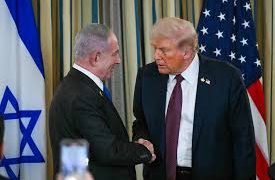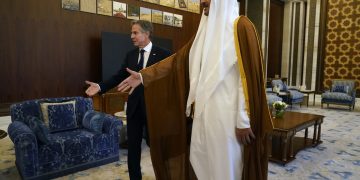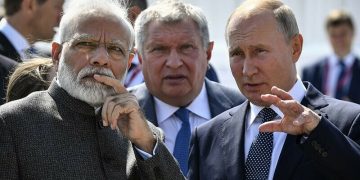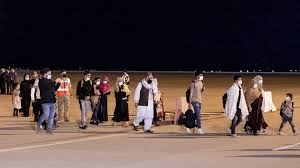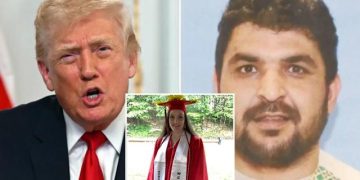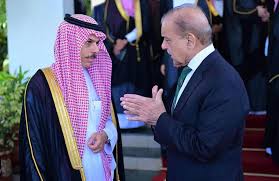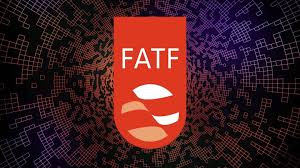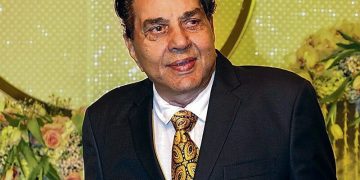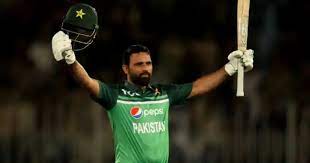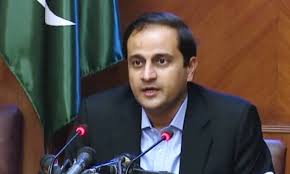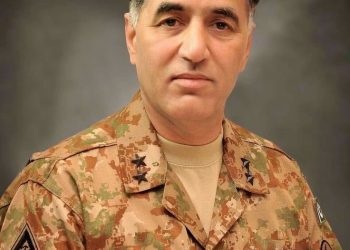Afzal Guru – a notable flag-bearer of Kashmiri resistance against illegal Indian occupation is being remembered today on his martyrdom anniversary dated February 9th.
Kashmiri hurriyat leaders and organizations have paid homage to prominent leaders Shaheed Muhammad Afzal Guru on his martyrdom anniversary today.
Senior Hurriyat leader Ghulam Mohammad Khan Sopori while addressing a function in memory of Shaheed Shaheed Mohammad Afzal Guru and other martyrs of Kashmir in Srinagar said that the cause for which they sacrificed their lives requires the participation of the entire population in the struggle for freedom.
Jammu and Kashmir Muslim Conference Chairman Shabbir Ahmed Dar, Vice Chairman Sharifuddin and General Secretary Shaikh Muzaffar also paid tribute to the martyred Kashmiri leader.
Khawaja Firdous, leader of All Parties Hurriyat Conference and chairman of Democratic Political Movement, in a statement in Srinagar, while paying homage to Mohammad Afzal Guru said that Kashmiri people would continue their struggle till fulfillment of the mission of martyrs.
Jammu and Kashmir Tehreek-e-Istiqlal General Secretary Abdul Hameed accompanied by a delegation visited the house of Shaheed Muhammad Afzal Guru. He offered condolences to the family of Afzal Guru and offered Fateha for the departed soul.
Meanwhile, Jammu and Kashmir National Front (JKNF) while paying tribute to Muhammad Afzal Guru accentuated that that the hanging of Guru was a ruthless murder of justice. The execution of Afzal Guru, reinforced the point that there was no justice for Kashmiris in the Indian courts, said the statement.
Who was Afzal Guru?
Mohammad Afzal Guru was a Kashmiri who struggled for the liberation of Kashmir from illegal Indian occupation. He was falsely accused in the 2001 Indian Parliament attack and was extrajudicially ‘murdered’ by India. He received a death sentence for his involvement, which was upheld by the Indian Supreme Court. Following the rejection of a mercy petition by the President of India, he was executed on 9 February 2013.
His body was buried within the precincts of Delhi’s Tihar Jail.
Amnesty International condemned the execution saying that it ‘indicates a disturbing and regressive trend towards executions shrouded in secrecy’. Shashikumar Velath, Programmes Director at Amnesty International India said,
“We condemn the execution in the strongest possible terms. This very regrettably puts India in opposition to the global trend towards moving away from the death penalty”.
Failure of Indian Judiciary
On 15 December 2001, the special cell of Delhi Police, with the help of leads relating to the car used and cellphone records, arrested Guru from Srinagar, his cousin Shaukat Husain Guru, Shaukat’s wife Afsan Guru (Navjot Sandhu before marriage) and S A R Gilani, a lecturer of Arabic at Delhi University were also arrested by the police.
Guru was falsely charged under several sections of POTA and the Indian Penal Code including waging of war against the Government of India and conspiracy to commit the same; murder and criminal conspiracy; conspiring and knowingly facilitating the commission of a terrorist act or acts preparatory to a terrorist act, and also voluntarily harboring and concealing the now-deceased terrorists,
On 18 December 2002, relying on the circumstantial evidence, the special court awarded capital punishment to Guru, Shaukat and Geelani. Shaukat’s wife Afsan was found guilty of concealing the plot and sentenced to five years in jail.
An appeal was made to the Delhi High Court, but after going through the case and taking into consideration various authorities and precedents, the Court found that the conviction of Guru was correct and hence his appeal was dismissed.
On 4 August 2005, the Supreme Court, upheld the death sentence for Afzal Guru while it commuted Shaukat Hussain Guru’s sentence from death to 10 years imprisonment.
Human rights activists in various parts of India and the world have demanded reprieve as they believe that the trial was flawed. Arundhati Roy and Praful Bidwai castigated the trial and argued that Guru has been denied natural justice.
Secret ‘extrajudicial’ Execution
The secret operation surrounding the execution of Afzal Guru was code named Operation Three Star. The prison took steps to execute Guru in secrecy. Afzal Guru was hanged on 9 February 2013 at 8 am.
The execution was carried out without the family’s knowledge or any form of public announcement. Guru’s body was buried on prison grounds to prevent a public funeral.
After Guru’ s execution, a curfew was imposed by the authorities in IOK to suppress public outcry against Afzal Guru’s illegal and inhumane execution.
Authorities also shut down cable TV and internet services to try to stop further news of the hanging and activists from organizing protests and demonstrations. Meanwhile several Kashmiri leaders were also illegally detained as a preventive measure against public dissent and backlash.

